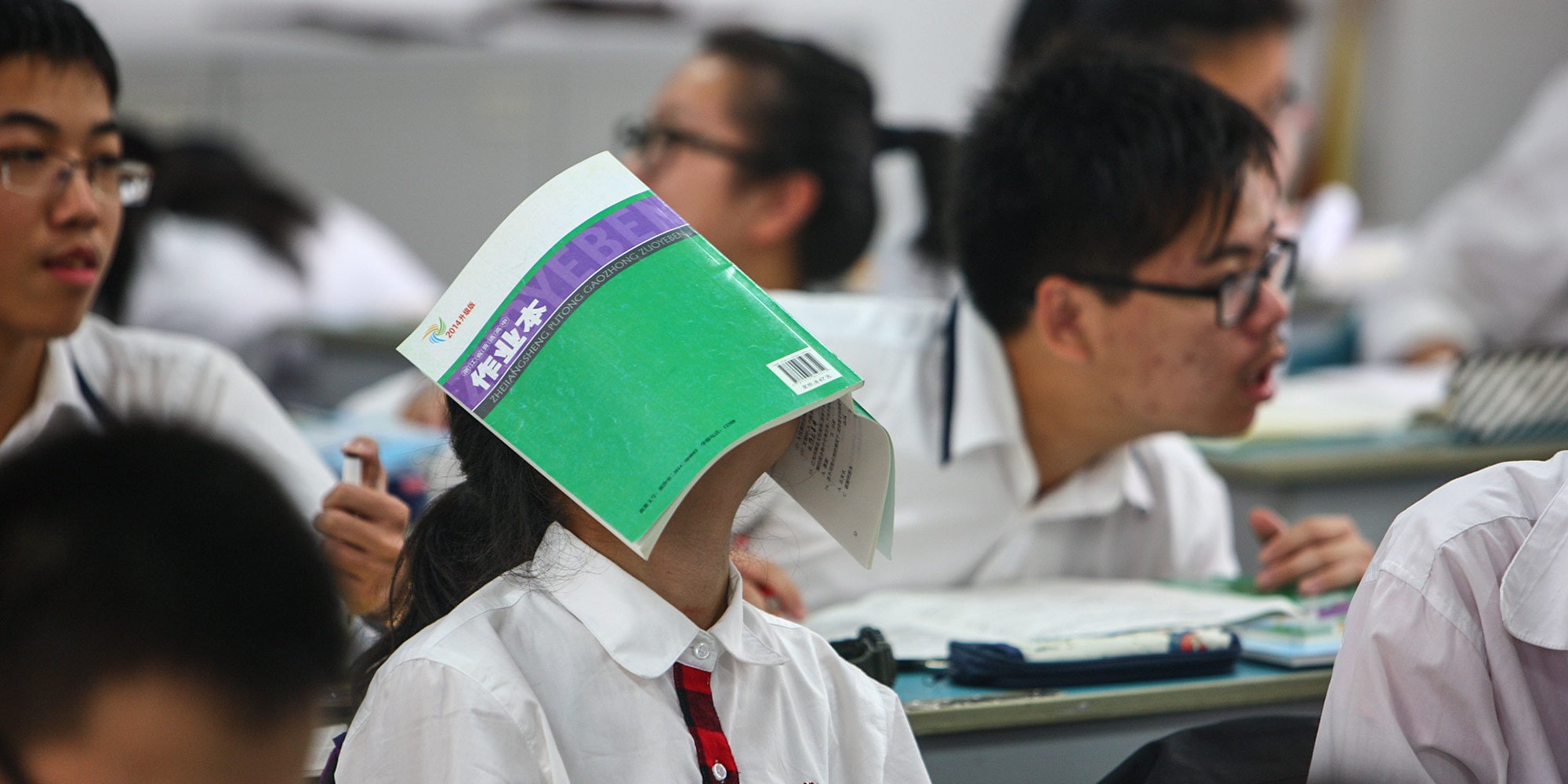Research shows that a record high of 10 million fresh grads in China are having a near-impossible time securing jobs. Female students are finding it especially hard to get hired.
In April, Zhaopin, a Chinese professional development platform that has been compared to LinkedIn, released an employment report based on the most recent pool of graduates. Career trends, employment statistics, and career expectations are just a few topics covered by the report.
According to statistics, 46.7% of 2022’s fresh grads had received offers by mid-April, marking a 15% decrease compared to 2021. The report also sheds light on this year’s dwindling job market and limited choices for fresh graduates.
“It’s the toughest year for student employment-related undertakings,” said Lin Liu, president of Beijing City University, in an interview with China Newsweek.
The numbers also reveal that female graduates have more difficulty landing jobs than their male counterparts. Only 10.4% of female graduates have successfully signed work contracts, whereas 22.2% of male graduates — who are more likely to be invited for job interviews in the first place — walk out of their meetings triumphant. It is not an exaggeration to say that pregnancy discrimination is a pervasive problem in China.

Many recent female graduates find it difficult to secure employment upon completing their education. Image via Sean Kong/Unsplash
A hot topic among Chinese netizens, Zhaopin’s employment report has its own Weibo hashtag with more than 220 million views and dozens of comments calling for better workplace equity and inclusion.
“Society needs to ensure that women have equal access to opportunities and are rightfully acknowledged for their labor,” posted one user.
“I don’t want to be someone’s inferior purely on the basis of our genders,” wrote another. “But what can we do if this is the reality of it? How can we improve women’s rights at work and home?”
Some have called for more women to support each other: “I hope female entrepreneurs will see the plight other women face in the workplace and offer them help and support.”
Employment statistics aside, Zhaopin’s report also provides revealing information about fresh graduates’ career expectations.
For instance, 50.4% of 2022 college graduates have said that they prefer traditional forms of employment (i.e., contract-based) — a 6% decrease from last year. A possible reason for this might be the allure of self-employment.
When asked about factors that influence their job hunts, 47.6% of the graduates named ‘amount of pressure’ as an important point to consider, followed by ‘degree match’ and ‘economic trends.’
Last but not least, 2022 graduates are a lot like their predecessors in the sense that salary remains a top priority. That being said, more youth believe in the importance of having a healthy work-life balance — a defiant reaction to China’s demanding ‘996’ work culture.
You might also like:
 Chinese Youth Said To Be ‘Lying Flat,’ New Research Proves OtherwiseA study with a 4,000-strong sample size has proven that Chinese youth are more vocal than active about their right to ‘lie flat’Article May 11, 2022
Chinese Youth Said To Be ‘Lying Flat,’ New Research Proves OtherwiseA study with a 4,000-strong sample size has proven that Chinese youth are more vocal than active about their right to ‘lie flat’Article May 11, 2022
Cover image via Akson/Unsplash


















